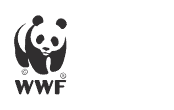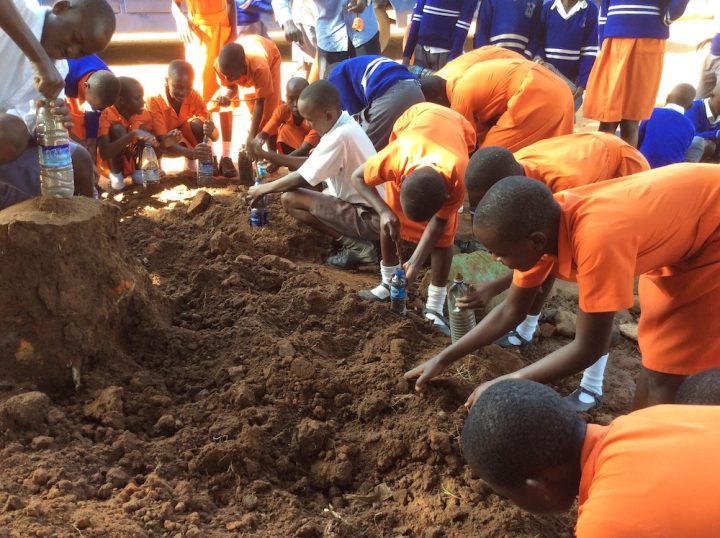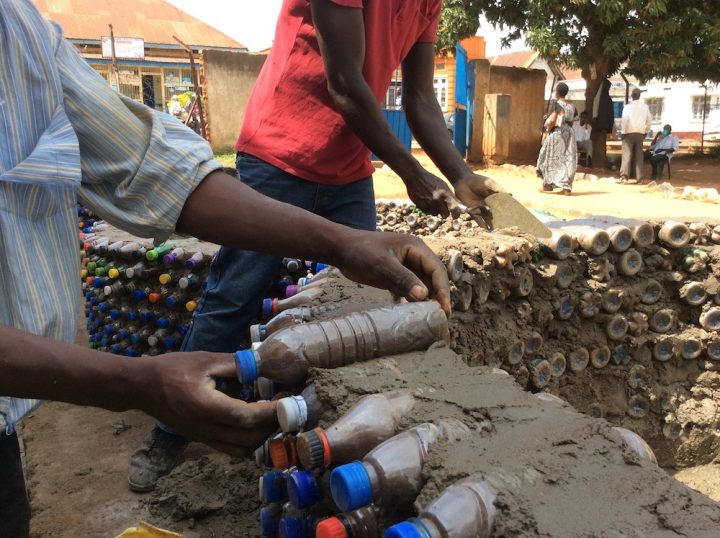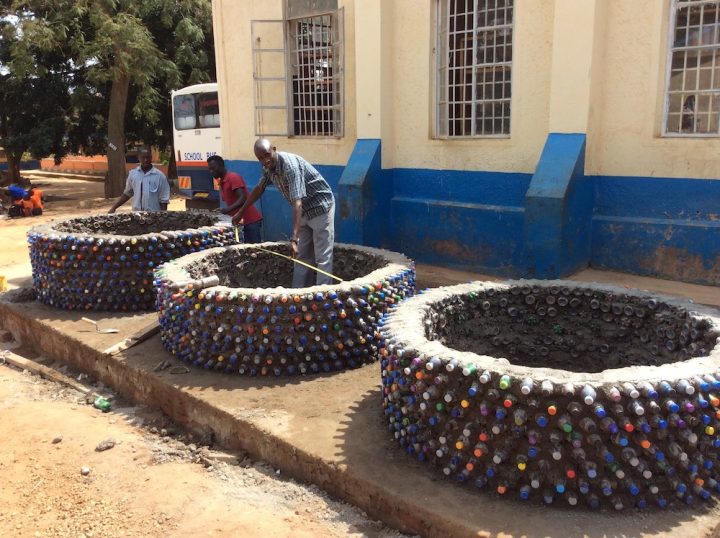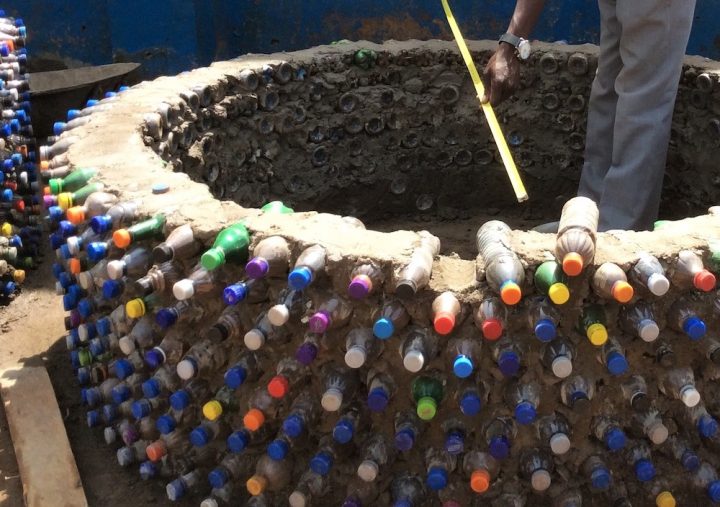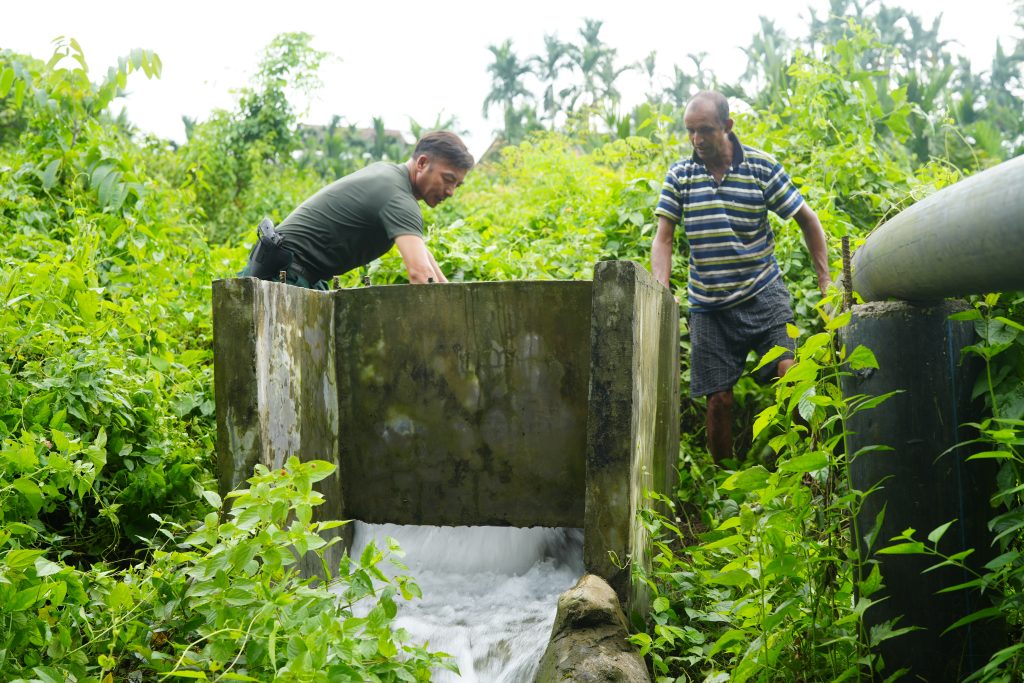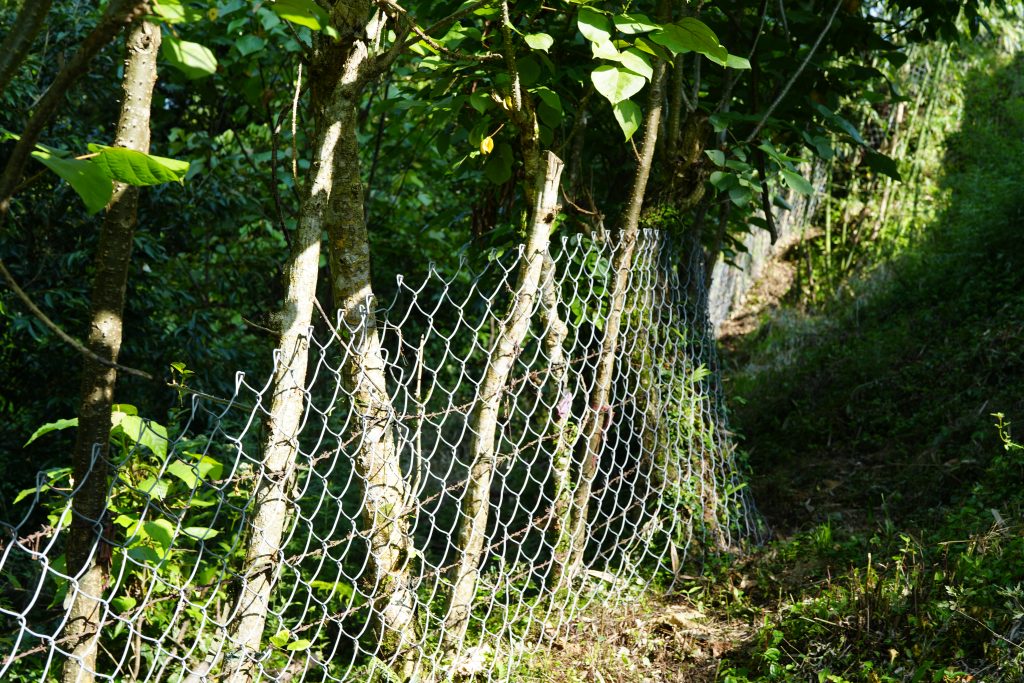Purpose
Combat local water insecurity and facilitate community plastic recycling and clean-up.
Climate Impacts
Community members from Mbale report the following impacts:
Increasing water scarcity
from severe drought
Declining crop yields
due to changing rainfall patterns and pests
Insufficient grass
for livestock due to dry conditions
Increase in water and vector-borne diseases
such as typhoid, cholera, malaria, and yellow fever
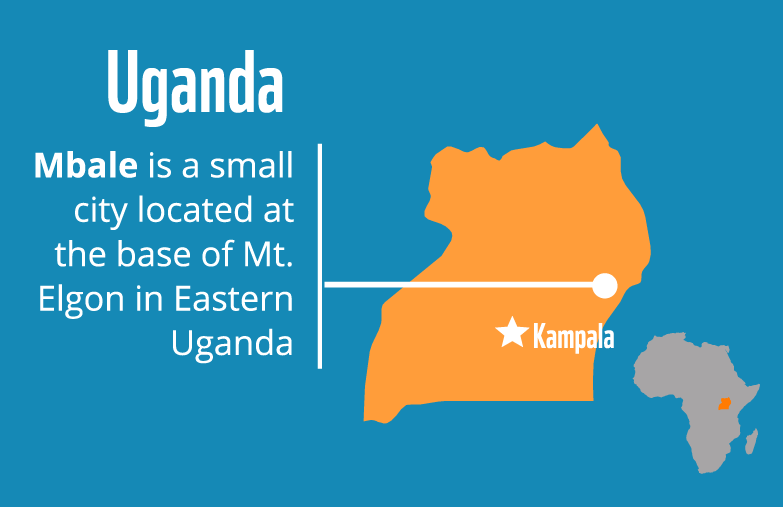
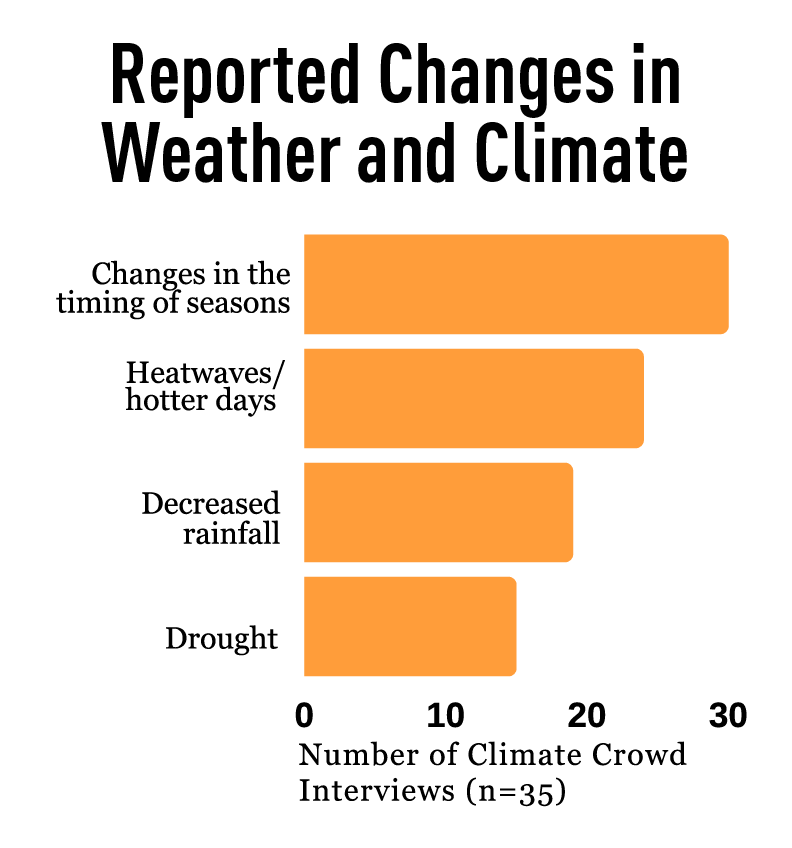
Activities
Identification of tank locations
Sites were chosen based on need, access, and security.
Preparation of construction sites
Stakeholders cleared sites of weeds and debris, leveled off the land where necessary, and built bases to support the tanks.
Procurement and preparation of plastic bottles
Project partners held a community clean-up day to gather plastic bottles. Children from a local school helped pack bottles with dirt, small pebbles and plastic.
Tank construction
For each tank, bottles were arranged in a circle with the caps facing outward. Cement was applied between bottles and between each layer.
Gutter installation
Once tanks were completed, gutters were added to nearby buildings and attached to the tanks.
project outcomes
project design
According to interviews with Mbale residents, rainfall is no longer consistent and has led to widespread water insecurity with severe consequences for farmers. Designed and led by former Peace Corps volunteer Michal Matejczuk, the Ichupa Upcycle project uses discarded plastic bottles collected from the community as raw material for constructing rainwater harvesting systems that can store water for use during dry spells. The project also contributes to local capacity-building by bringing together different project beneficiaries, designing solutions, sourcing funding, procuring plastic bottles, and ensure the timely completion of all activities. The Ichupa Upcycle Project is in the process of becoming a registered community-based organization.
